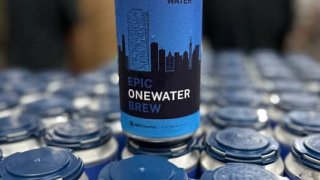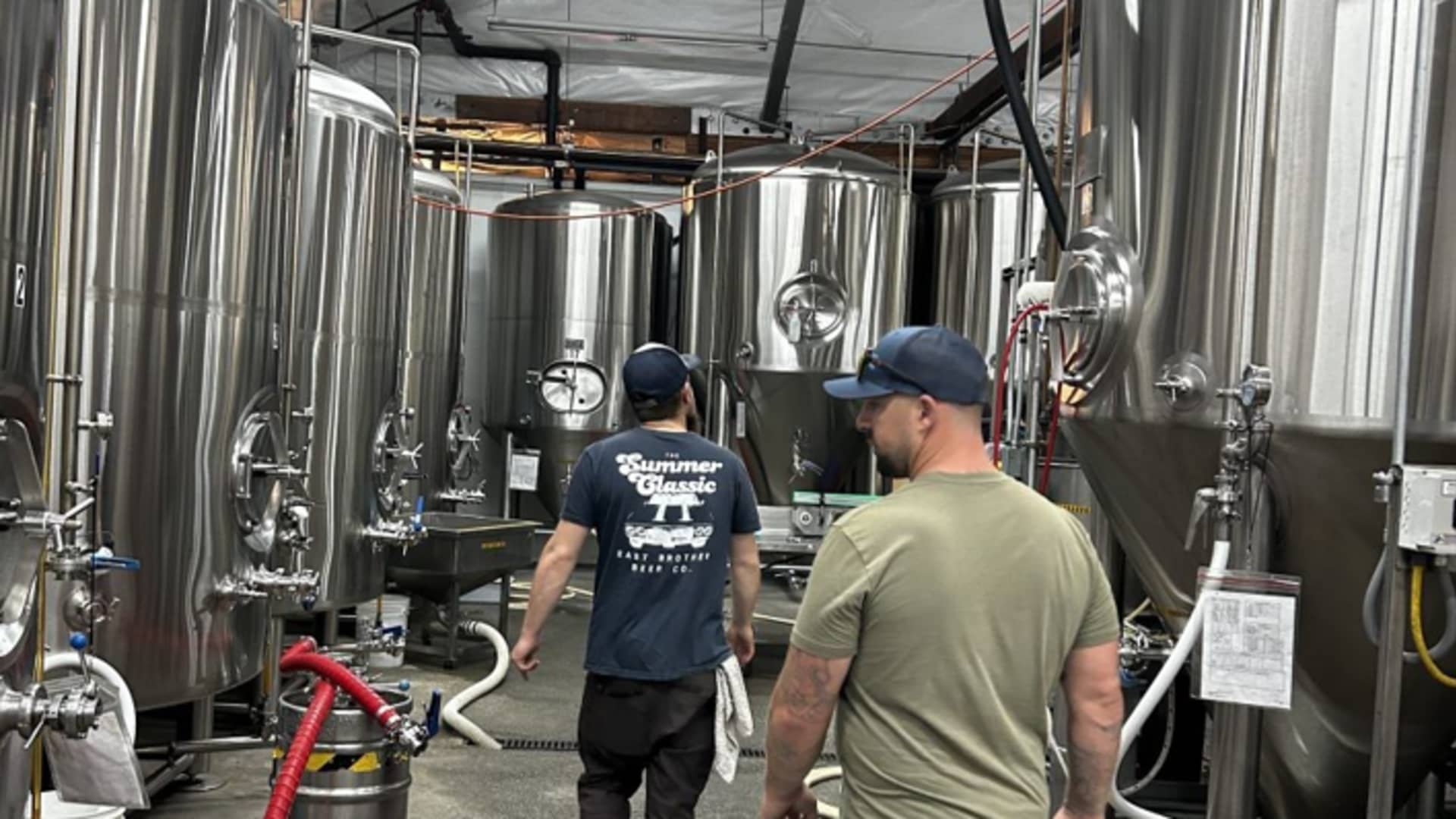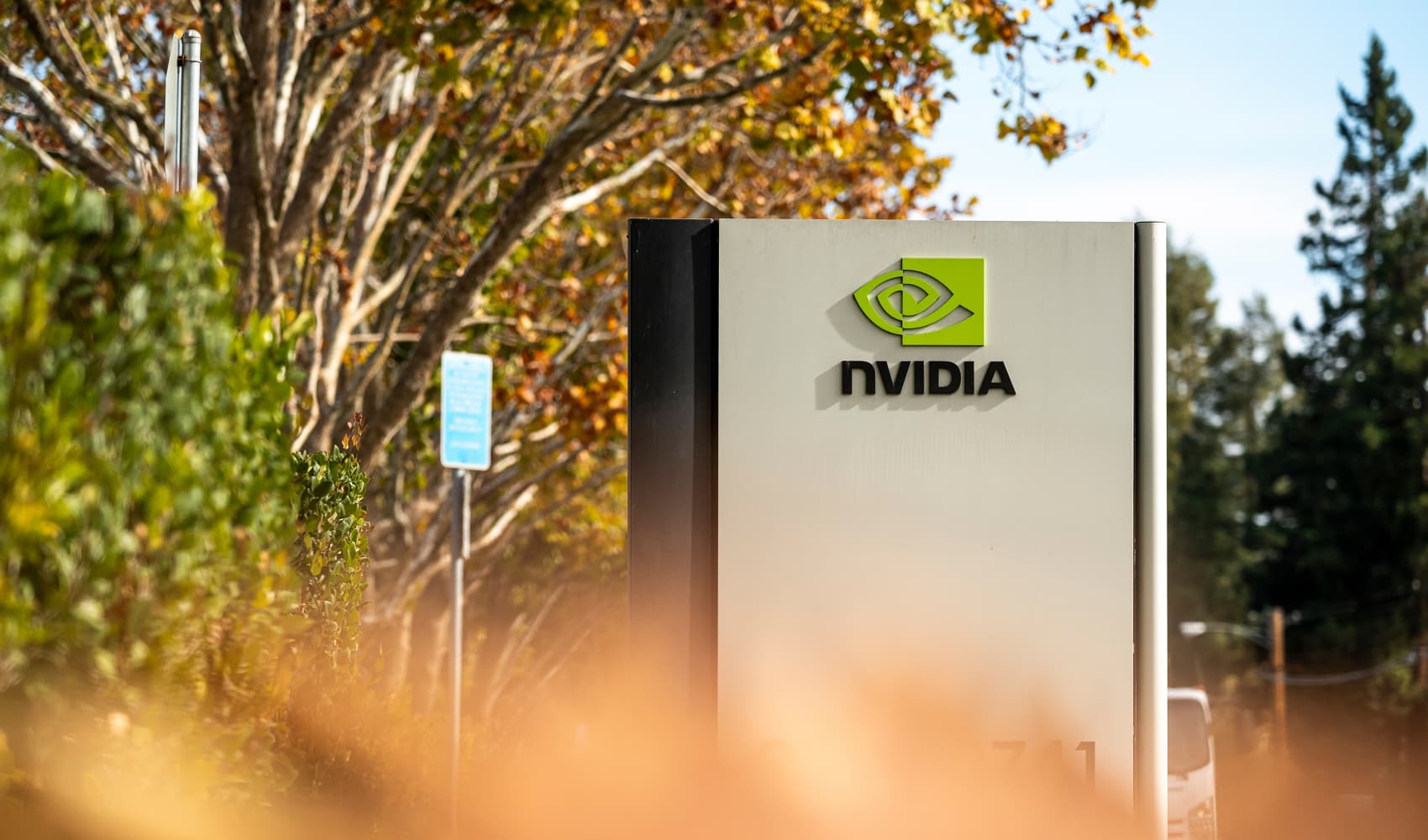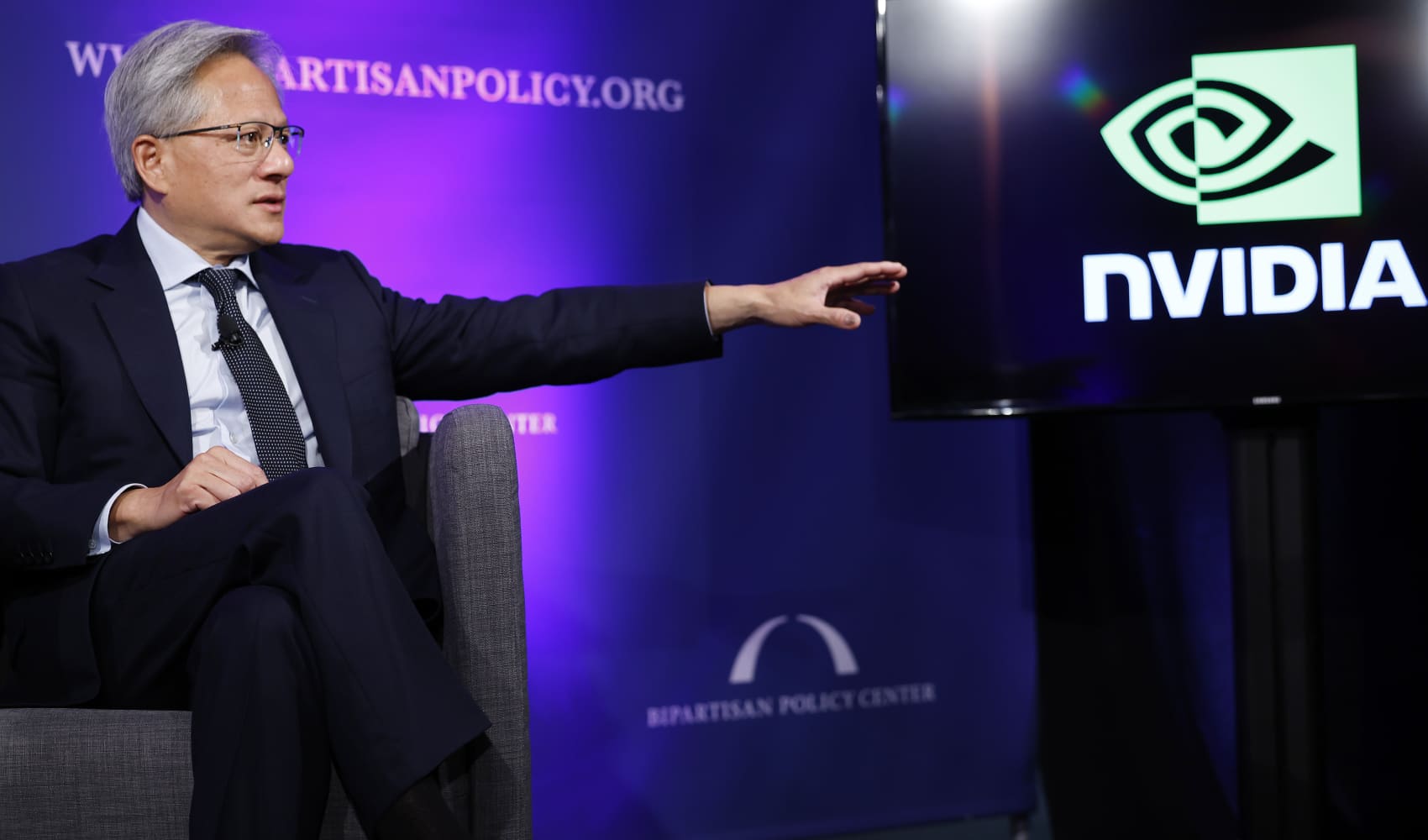
With water shortages expected to rattle the United States as early as 2024, products like beer made from recycled wastewater may be on your shelves sooner than later.
Take, for example, Epic OneWater Brew: a Kölsch-style ale made from purified shower, laundry and sink water. It's the brainchild of Epic Cleantec, a San Francisco-based water reuse technology company born from the Bill and Melinda Gates Foundation's "Reinvent the Toilet Challenge."
The company primarily creates wastewater reuse and treatment systems, not beer. Its four co-founders — Ilan Levy, Oded Halperin and father-son duo Igor and Aaron Tartakovsky — received grant funding from the Gates Foundation back in 2012, before officially starting the company in 2015.
Epic Cleantec can't sell its beer, made in partnership with Devil's Canyon Brewing Company, due to strict federal and state laws. But it can give the ale away for free to spread awareness and "showcase the untapped potential of water reuse," Aaron Tartakovsky, the company's CEO, tells CNBC Make It.
"Water is omnipresent in all of our lives. It grows the food we eat, we use it to bathe, cook and clean ... and yet, we know so little about how water works, how it gets to our taps and where the wastewater goes," he says. "We are trying to amplify the water story to tell it in a different way. And in this case, we use the medium of beer to tell that story."
From the shower drain to the beer can
Drinking a beverage made from recycled shower water may not sound appealing, but it is safe, says Tartakovsky: "Just rest assured with the science."
Money Report
To collect the water, Epic Cleantec fed wastewater from a 40-story apartment complex in San Francisco through a series of "ultrafiltration membranes," each about .001% of the diameter of a human hair.
Each membrane filtered impurities out of the water, which was then disinfected with ultraviolet light.
Get a weekly recap of the latest San Francisco Bay Area housing news. Sign up for NBC Bay Area’s Housing Deconstructed newsletter.
"We're mimicking the type of biology that happens in our human stomach," Tartakovsky says. The end product gets tested by a third-party lab, and meets — or, sometimes, exceeds — federal quality standards for drinking water, he adds.

Recycled wastewater beverages can't be sold to the public, but Tartakovsky says that may soon change.
California, Colorado and Florida are formulating regulations to turn recycled sewage water to a drinking system. Texas and Arizona have legalized it in public drinking taps already. But reassuring lawmakers that it's safe enough to sell commercially may take time.
"Using recycled water for drinking purposes, or potable reuse, is actually quite common already," says Tartakovsky. "However, its typically done at the municipal level ... We do believe that there is regulatory momentum already underway that will make this even more commonplace in the years to come."
Water conservation isn't just a California issue
Epic Cleantec's home state of California is no stranger to drought and water conservation efforts, which are increasingly a national — and global — issue.
Almost half of the 204 freshwater basins in the United States may not be able to meet the monthly water demand by 2071, a 2019 Colorado State University study published in the journal Earth's Future found.
And while water scarcity may not feel dire yet, United Nations experts predict that a global crisis is "imminent." Only about 2.5% of Earth's water is freshwater, and there are currently 7.9 billion people on the planet.
Expanding access to recycled wastewater could help, especially given the field's technological advances over the past decade, Tartakovsky says. In the meantime, he has a few tips for anyone who wants to go beyond the standard checklist of reduce, reuse and recycle to conserve water:
- Install more efficient appliances.
- Replace water-intensive plants with "more native species that use less water."
- Contact your local officials to learn more about their wastewater systems, and your role within them.
"Many cities have rebate programs, for example, to be able to replace old toilets that use multiple gallons per flush and transition to a toilet that uses 1.2 gallons per flush," says Tartakovsky. "It's wildly important for people to be involved in the conversation, and to tell our leaders that clean water and reliable sanitation are important to us."
DON'T MISS: Want to be smarter and more successful with your money, work & life? Sign up for our new newsletter!
Get CNBC's free report, 11 Ways to Tell if We're in a Recession, where Kelly Evans reviews the top indicators that a recession is coming or has already begun.






